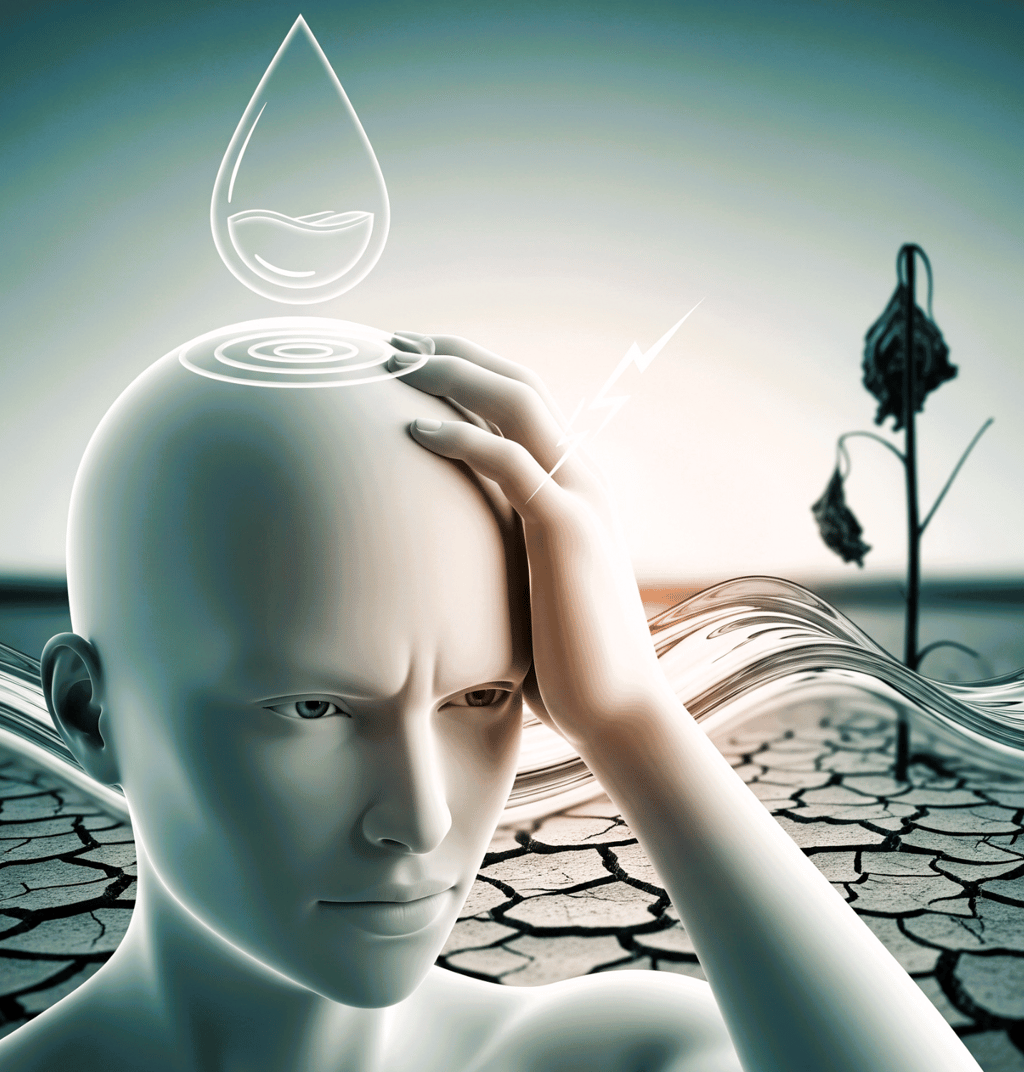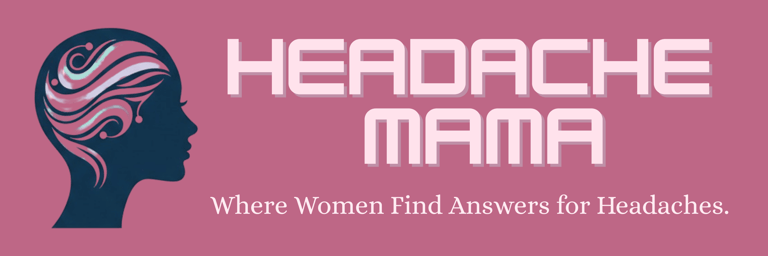Dehydration Headache? How to Know If You're Dehydrated | Your Health Guide
Got a dehydration headache? Find out how to recognize the symptoms of dehydration and the surprising link between not drinking enough water and that pounding in your head. Learn simple tips to rehydrate and feel better fast.
8/7/20253 min read


A lot of us walk around dehydrated without even realizing it. In fact, you may be experiencing a headache right now, and the culprit could be as simple as not drinking enough water. While it's easy to dismiss a mild headache or a little fatigue, these can be your body's early warning signs that it needs more fluids. Let's break down how to spot the signs of dehydration and why it might be giving you a pounding head.
How to Tell If You're Dehydrated 💧
Dehydration happens when your body loses more fluids than it takes in. The most common cause is simply not drinking enough water. While thirst is the most obvious sign, your body gives you other, more subtle clues. It’s important to pay attention to these so you can rehydrate before you feel a headache coming on.
Here are some key signs to look for:
Dark Urine: This is one of the most reliable indicators. Your urine should be a pale, straw-like yellow. If it's a darker yellow or amber color, it's a sign that your kidneys are conserving water, which means you need to drink up.
Dry Mouth and Lips: A classic sign! If your mouth feels sticky or your lips feel chapped, you're likely not getting enough fluids.
Fatigue and Dizziness: Feeling a little sluggish, tired, or lightheaded? Dehydration can reduce blood volume, which can make you feel weak or dizzy, especially when you stand up quickly.
Reduced Urination: If you haven't had to go to the bathroom in a while, it's a clear sign that your body is holding onto its fluids, and you should probably grab a glass of water.
The Link Between Dehydration and Headaches 🤕
So, how exactly does not drinking enough water cause a headache? The connection is a little more complex than you might think.
Academic papers suggest a few key reasons:
Brain Shrinkage: When your body is dehydrated, it pulls water from all your tissues, including your brain. This can cause the brain to temporarily shrink away from the skull, which can trigger pain receptors and result in a headache.
Reduced Blood Flow: Dehydration can lead to a drop in blood volume and pressure. This means less oxygenated blood reaches your brain, which can cause blood vessels to dilate and lead to a headache.
Electrolyte Imbalance: Water isn't the only thing you lose when you're dehydrated—you also lose important electrolytes like sodium and potassium. This imbalance can affect nerve function and muscle contractions, which can also contribute to headaches.
What to Do About It 🥤
If you think a headache is due to dehydration, the solution is straightforward: drink water! Start with a few glasses of water and see if your headache begins to ease. You can also try adding an electrolyte-rich drink to your routine, especially if you've been sweating a lot. While it's tempting to reach for a pain reliever, addressing the root cause—the lack of fluids—is the most effective long-term solution.
The best way to prevent a dehydration headache is to stay on top of your hydration throughout the day. Aim to drink water consistently, not just when you feel thirsty. A good rule of thumb is to keep a water bottle with you and sip from it regularly. By paying attention to your body's signals, you can proactively prevent headaches and feel better overall.
References
Finucane, C., et al. (2019). The relationship between hydration and headache: a systematic review and meta-analysis. Headache: The Journal of Head and Face Pain, 59(1), 1-13.
Millard-Stafford, M. L. (2012). Dehydration and its effects on performance, mood, and cognitive function: A review. Journal of the American College of Nutrition, 31(6), 499-509.
Spigt, M., et al. (2005). The effect of water on migraine and headache: a randomized controlled trial. Family Practice, 22(5), 517-522.
Disclaimer
Content on HeadacheMama.com is for informational purposes only and is not a substitute for professional medical advice. Always consult your doctor.
contact@headachemama.com
© 2025. All rights reserved.
